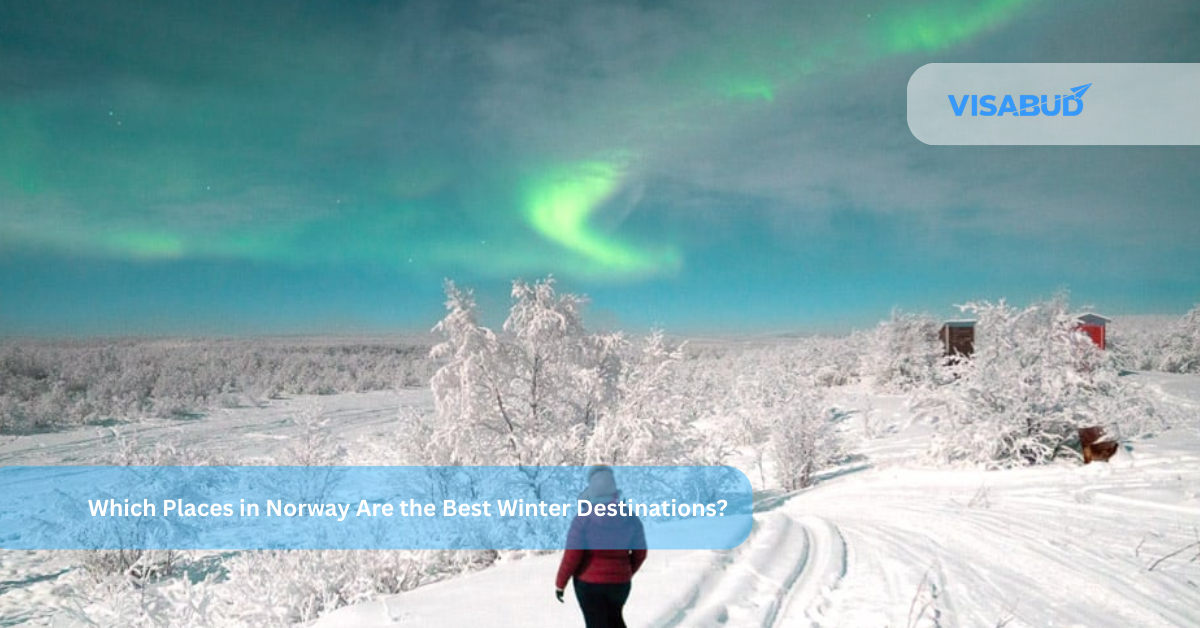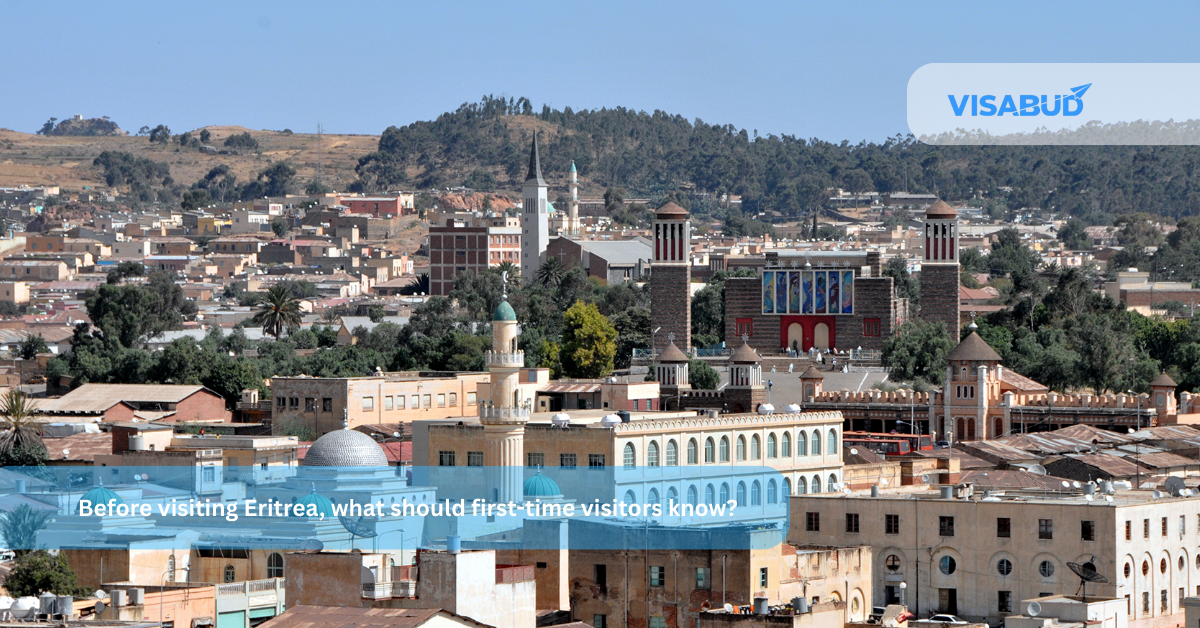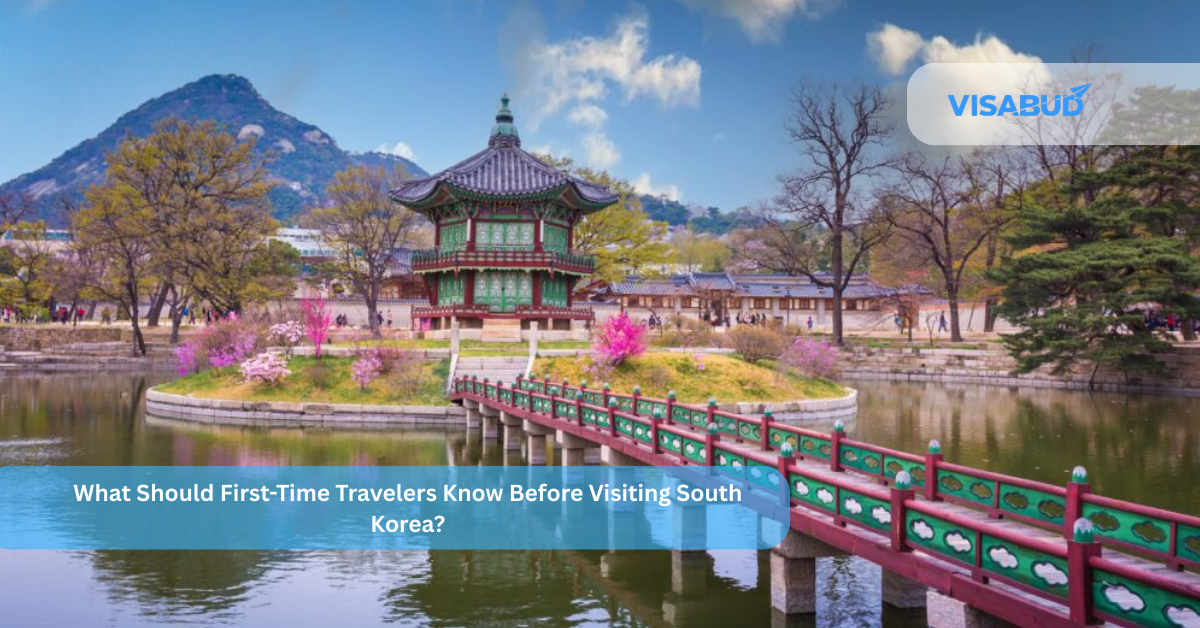Finland Travel Guide: All you need to know to visit Finland in 2026
Welcome to Finland
Finland, the Republic of Finland, is a Nordic country in Northern Europe. It shares borders with Sweden to the west, Norway to the north, Russia to the east, and the Gulf of Finland and the Baltic Sea to the south. The capital city is Helsinki, and Finnish and Swedish are the two official languages spoken in the country. Finland is known for its stunning natural landscapes, including thousands of lakes, dense forests, and the Northern Lights.
Geography:
Vast forests, numerous lakes, and a long coastline characterize Finland’s diverse geography. The country covers an area of approximately 338,455 square kilometers, making it the eighth-largest country in Europe. Finland is famous as the “Land of a Thousand Lakes” due to its over 180,000 lakes scattered throughout the country. The largest lake, Lake Saimaa, is located in eastern Finland. Finland also has a rugged coastline along the Baltic Sea, with numerous islands and archipelagos, such as the Åland Islands.
Climate:
Finland experiences a cold-temperate climate characterized by distinct seasons. Summers are mild and short, while winters are long and cold. The coastal areas are generally milder due to the moderating influence of the Baltic Sea. The average temperature in Helsinki, the capital city, ranges from around -5°C (23°F) in January to 17°C (63°F) in July. Northern parts of Finland, however, experience subarctic and Arctic climates, with freezing winters and relatively cool summers.
Population:
Finland is located in northern Europe, with approximately 5.5 million people. The population is relatively homogenous, with the majority being ethnic Finns and speaking Finnish as their first language. There is also a significant Swedish-speaking minority, particularly along the coast and in the autonomous region of Åland. The population is concentrated mainly in urban areas, with the Helsinki metropolitan area being the most populous region. Finland has a relatively low population density, with vast areas of forests, lakes, and wilderness that remain sparsely populated. The country has a high standard of living and is known for its excellent social welfare system and high levels of education.
Government:
Finland is a parliamentary republic with a democratic system of government. The President of Finland serves as the country’s head of the nation, whereas the Prime Minister is responsible for leading the government. The President is designated to a six-year term with restricted powers, while the Prime Minister oversees the day-to-day functioning of the government. The Finnish Parliament, known as the Eduskunta, is a unicameral body with 200 members elected every four years through a proportional representation system.
Economy:
The economy of Finland is well-developed and industrialized, with a significant focus on innovation and technology. The state has a highly skilled workforce and is famous for its high standard of living, education, and social welfare system. Finland is an Associate of the European Union (EU), using the euro as its currency. The key sectors of the Finnish economy include manufacturing, services, and trade. Major industries include electronics, telecommunications, forest products, metal and engineering, and healthcare. Finland is also known for its strong welfare state, providing its citizens with comprehensive healthcare, education, and social services.
Language
Finland has various ethnic populations with various languages. The region has two official languages: Finnish at 87% and Swedish at 67%. The country also has several minor languages, such as English, German, French, Estonia, Russian, and Arabic.
Religion:
Most of the Finnish population adheres to Christianity, with Lutheranism being the dominant religion. The Evangelical Lutheran Church is Finland’s most extensive religious group and is officially acknowledged as the national church. Other Christian denominations, such as the Finnish Orthodox Church and various Protestant and Catholic groups, also have a presence in Finland. In recent years, Finland has seen a decline in religious affiliation, with an increasing number of people identifying as non-religious or having no religious affiliation.
Culture:
Finland has a rich and unique culture, influenced by its history, geography, and the traditions of its indigenous Sami people. The arts, particularly music and design are essential to Finnish culture, with many world-renowned Finnish artists and designers. The country has a strong literary tradition, with several acclaimed Finnish authors, and is known for its love of nature and the outdoors. Finland is also famous for its saunas, an essential part of Finnish social life and culture. The country has a strong tradition of education, with a highly educated population and a world-class education system. Traditional Finnish cuisine includes dishes such as salmon, reindeer meat, and rye bread, and the country is also known for its dairy products, such as cheese and yogurt. Finland’s culture is characterized by its love of nature, focus on design and innovation, and appreciation for simplicity and functionalism.
Recent History
In recent years, Finland has faced challenges related to immigration and integration. The country has experienced increased asylum seekers and refugees, leading to debates and discussions on immigration policies and integration efforts. Finland has been working on implementing measures to support immigrants and refugees, including language training, education, and employment opportunities, while addressing social cohesion and cultural integration concerns.
Related Articles

5 min read
Which Places in Norway Are the Best Winter Destinations?
Norway, with its breathtaking landscapes, snow-covered mountains, and serene fjords, becomes a winter wonderland from November to March. For travelers seeking adventure, cozy retreats, or a chance to witness the
Read More
5 min read
Before visiting Eritrea, what should first-time visitors know?
Eritrea is a quiet, culturally rich country in East Africa that rewards patient and respectful travelers. First-time visitors should know about visa rules, travel permits, local customs, limited internet access,
Read More
5 min read
What Should First-Time Travelers Know Before Visiting South Korea?
South Korea is a fascinating country where modern technology meets centuries of tradition. For first-time travelers, the country can be both exciting and overwhelming. From the bustling streets of Seoul
Read MoreTo allow anyone within the territory of Finland, an individual from India must have a visa or
Permit. Visas are available from the Finland Embassy or consulate located in India.
- Choose the Finland visa category you need
- Pay online
- Please send us your documents using our pick-up and drop-off service
- Upon approval, receive your visa
Tourist visa. Available for individuals who plan to visit Finland for leisure or sightseeing purposes
Business visa. For individuals who want to engage in trading activities or investment in Finland
Work visa. For individuals who plan to work in Finland
Student visa. For individuals who plan to study in Finland for an extended period.
Finland mainly offers online visas for a long stay; therefore, individuals must apply for the visa two months before traveling.
Validity goes up to 90 days within the first 180 days.
Visa is extendable under some circumstances in Finland. The extension is subjected to specific conditions required by the Finnish immigration service.
